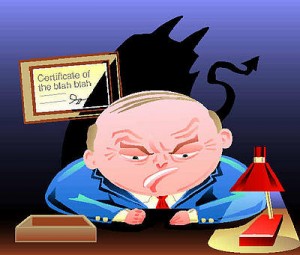 The “Pitch” is an argument or other persuasion used in selling, When an agency “pitches” their services or solutions to a potential client/buyer there is a minimal amount of time to compete for the clients attention, presenting only the concise information the client/buyer needs to discern differences and make a sound decision or judgement.
The “Pitch” is an argument or other persuasion used in selling, When an agency “pitches” their services or solutions to a potential client/buyer there is a minimal amount of time to compete for the clients attention, presenting only the concise information the client/buyer needs to discern differences and make a sound decision or judgement.
The “Pitch” is truly the “art” of communication. Sadly. regardless of the slick visual presentation and excellent handouts, a “pitch” communicated badly will cost you your audience.
- Words Matter!
- Information is often confused with communication.
The most common mistake made in the “pitch” is, rather than choose their words carefully, the presenter will inundate their listener with everything they know— often speaking more from their point of view rather than from their client’s vantage point and doing it far too casually. They put their buyers to sleep.
How often have you encountered, for instance, one of these “Sorry Seven”? (How often have you been one of them?)
1. Stuart Allstylenosubstance: Let me wow you with my fancy visuals as I tell you how you’re gonna love this!
2. Virginia Valleyspeak: “Like, this product is really good, because, like, it saves you all kinds of time and things, and like, you know, it’s competitively priced, uh, and also, you know, it’s, uh,…”
3. Bonnie Bubblegum: “Our programs are so great! And wait until you meet our team. They are just awesome. And our design is soooo cool. And our process is really neat.”
4. Wally Wallpaper: “We offer quality service, proven experience, and innovative thinking.” (No one ever says, “Our service is about average. Our experience is mixed. And, sometimes we come up with a good idea, but not too often.” Now, that would get a client’s attention!)
5. Donna Data-Death: “On this page is a pie chart showing our distribution of accounts by category. Thirty percent are in pharmaceuticals. Twenty-four percent are in travel. Sixteen percent are in real estate. Fifteen percent are in financial and fifteen are miscellaneous. On the next page are these categories by revenue. Thirty-five percent pharmaceuticals, twenty-five percent financial, twenty-five percent travel, twelve percent real estate and three percent miscellaneous. And on the next page is another page about this breakdown.”
6. Willie Windbag: “We will provide you with an integrated, digital, functionally parallel, global knowledge databank that synergistically empowers your network while incrementally enhancing your client relationship initiatives without negatively impacting your geographically dispersed human capital.”
7. Darren Doublespeak: “We’ve entered a period of retrenchment that will necessitate continued downsizing and greater efficiency in our human resource capacity.” (Translation: Business is bad, people are getting fired, and everyone still left with a job will be working overtime to keep it.)



